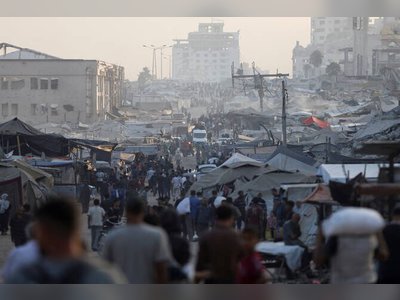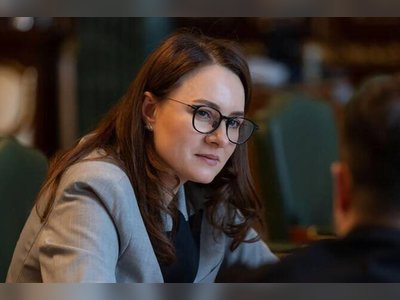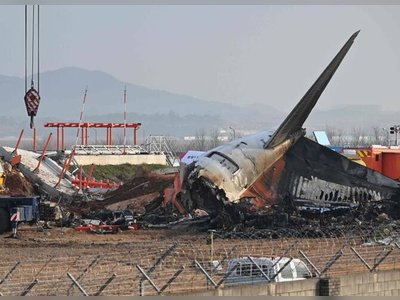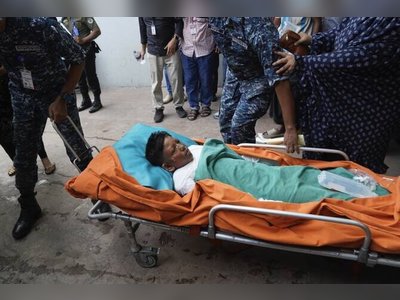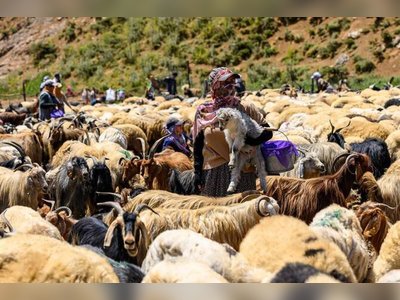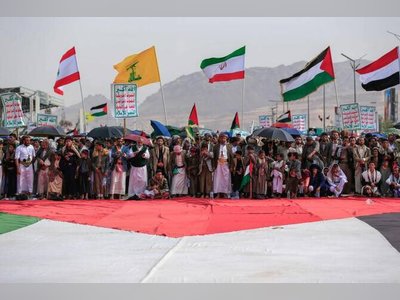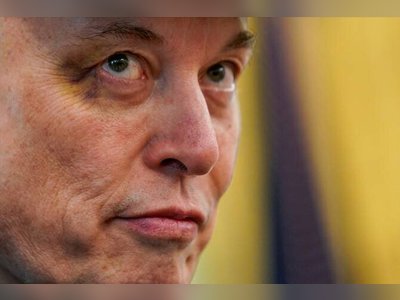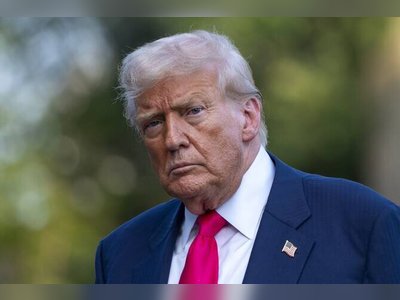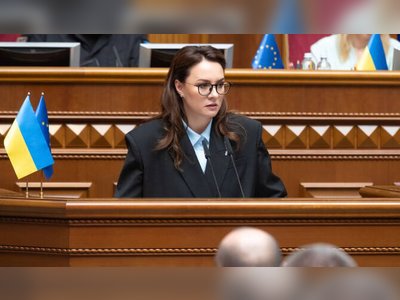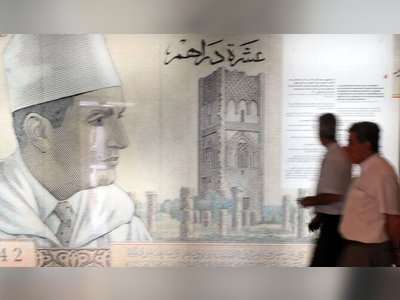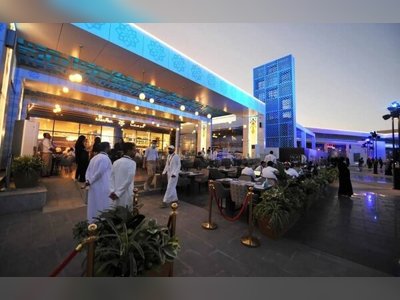
Tunisia's Civil Society Under Threat: A Struggle for Survival
As President Kais Saied consolidates power, Tunisia's once-thriving civil society faces significant repression and a shrinking space for activism.
In what has been seen as a stark turnaround from its status as a beacon of hope following the 2011 uprising, Tunisia now sees its civil society groups under increasing threat.
President Kais Saied, who dissolved parliament in 2021 and began ruling by decree, is accused by rights groups of orchestrating an attack on these organizations.
Among those affected is Cherifa Riahi, a young activist arrested in May 2024 for allegedly harboring 'illegal' migrants.
Over a year later, she remains in prison without charge, her case symbolizing the broader repression faced by Tunisia's civil society under Saied's rule.The situation has been exacerbated by allegations from President Saied that these groups are serving foreign agendas, undermining national unity and stability.
This has led to at least a dozen activists being detained on what rights groups and legal representatives describe as fabricated charges.
In addition, around 10 civil society organizations have had their assets frozen and faced office raids, according to reports.This crackdown comes after years in which Tunisia's civil society played a crucial role in shaping the country's democratic transition following the ousting of President Zine El-Abidine Ben Ali.
Organizations such as the Tunisian General Labour Union, which won the 2015 Nobel Peace Prize, have been particularly affected.
The union has seen its influence wane significantly due to the arrests of its officials on corruption charges.Tunisia's shrinking democratic gains are further threatened as the judiciary, media, and parliament come under tighter executive control.
Many opposition party leaders find themselves in prison, adding to the stifling environment for civil society activists.
Rights groups have expressed concern that these moves signal a broader plan to close civic space and undermine Tunisia's democratic progress since January 14, 2011.Activists report facing various forms of pressure, including detentions, threats, asset freezes, and legal obstructions.
The climate has become so restrictive that many organizations now operate with significantly reduced capacities or remotely out of fear of further reprisals.
For instance, I Watch, an anti-corruption watchdog founded after the 2011 revolution, now operates with a severely depleted workforce due to intimidation tactics.Despite these challenges, activists remain committed to their cause.
Wajdi Belloumi, president of I Watch, stated his determination to continue despite the adversities faced.
This resilience is likely to be tested further as Tunisia continues to navigate its political landscape and grapple with broader societal issues, including migration policies that have been criticized for their harshness.As foreign governments shift their priorities towards short-term stability, particularly concerning migration, the fate of Tunisia's civil society groups remains uncertain.
Their shrinking space for activism poses significant questions about the future of democracy in Tunisia.
President Kais Saied, who dissolved parliament in 2021 and began ruling by decree, is accused by rights groups of orchestrating an attack on these organizations.
Among those affected is Cherifa Riahi, a young activist arrested in May 2024 for allegedly harboring 'illegal' migrants.
Over a year later, she remains in prison without charge, her case symbolizing the broader repression faced by Tunisia's civil society under Saied's rule.The situation has been exacerbated by allegations from President Saied that these groups are serving foreign agendas, undermining national unity and stability.
This has led to at least a dozen activists being detained on what rights groups and legal representatives describe as fabricated charges.
In addition, around 10 civil society organizations have had their assets frozen and faced office raids, according to reports.This crackdown comes after years in which Tunisia's civil society played a crucial role in shaping the country's democratic transition following the ousting of President Zine El-Abidine Ben Ali.
Organizations such as the Tunisian General Labour Union, which won the 2015 Nobel Peace Prize, have been particularly affected.
The union has seen its influence wane significantly due to the arrests of its officials on corruption charges.Tunisia's shrinking democratic gains are further threatened as the judiciary, media, and parliament come under tighter executive control.
Many opposition party leaders find themselves in prison, adding to the stifling environment for civil society activists.
Rights groups have expressed concern that these moves signal a broader plan to close civic space and undermine Tunisia's democratic progress since January 14, 2011.Activists report facing various forms of pressure, including detentions, threats, asset freezes, and legal obstructions.
The climate has become so restrictive that many organizations now operate with significantly reduced capacities or remotely out of fear of further reprisals.
For instance, I Watch, an anti-corruption watchdog founded after the 2011 revolution, now operates with a severely depleted workforce due to intimidation tactics.Despite these challenges, activists remain committed to their cause.
Wajdi Belloumi, president of I Watch, stated his determination to continue despite the adversities faced.
This resilience is likely to be tested further as Tunisia continues to navigate its political landscape and grapple with broader societal issues, including migration policies that have been criticized for their harshness.As foreign governments shift their priorities towards short-term stability, particularly concerning migration, the fate of Tunisia's civil society groups remains uncertain.
Their shrinking space for activism poses significant questions about the future of democracy in Tunisia.
